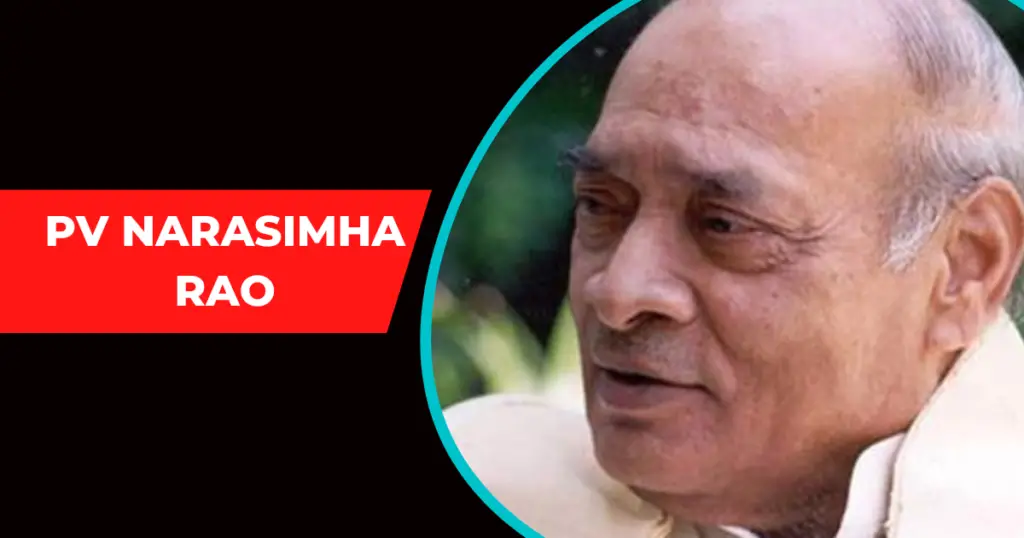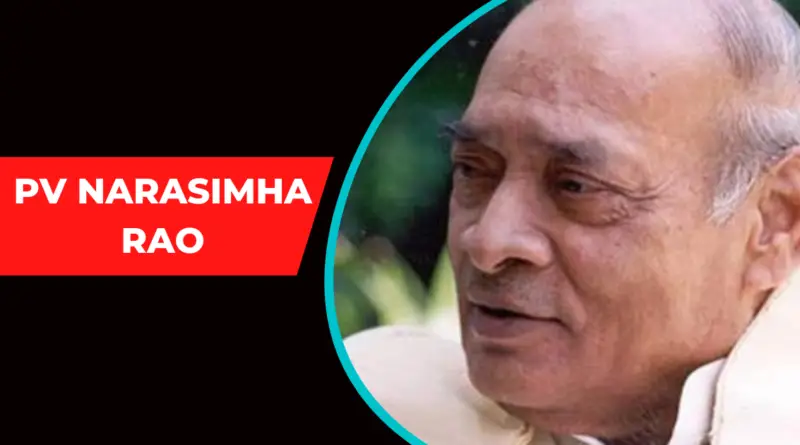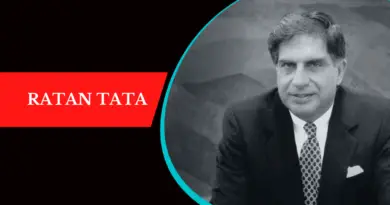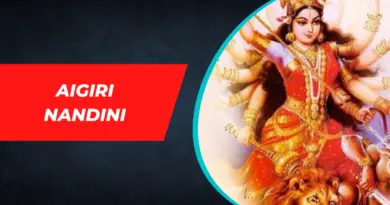PV Narasimha Rao: The Enigma of India’s Silent Reformer
Pamulaparthi Venkata Narasimha Rao, often shortened to P. V. Narasimha Rao, was not your typical Indian Prime Minister. A soft-spoken politician from South India, Rao’s unassuming demeanor masked a shrewd strategist and a bold reformer. His five-year tenure from 1991 to 1996 witnessed India undergo a dramatic transformation, transitioning from a closed, socialist economy to one embracing liberalization and globalization. This article delves into the life and legacy of this enigmatic figure, exploring his achievements and controversies.
From Freedom Fighter to Prime Minister
Born in 1921 in a small village in Andhra Pradesh, Rao was drawn to politics from a young age. He actively participated in the Indian independence movement and joined the Indian National Congress (INC) after independence. Rising through the ranks, he served as Chief Minister of Andhra Pradesh and held key positions in the central government under Indira Gandhi and Rajiv Gandhi.
Unlikely Ascendancy and a Nation in Crisis
In 1991, following the assassination of Rajiv Gandhi, Rao unexpectedly became Prime Minister despite not being the heir apparent. India was then in a precarious state. The economy was on the brink of collapse, foreign exchange reserves were depleted, and the country faced international isolation.
Rao's Bold Reforms
Despite his minority government, Rao embarked on a series of audacious economic reforms, guided by his trusted Finance Minister, Dr. Manmohan Singh. Key measures included:
Liberalization: Industrial licensing was relaxed, foreign investment encouraged, and public sector monopolies dismantled.
Globalization: Trade barriers were lowered, India joined the World Trade Organization, and export-oriented industries flourished.
Fiscal discipline: Deficit spending was curbed, inflation controlled, and foreign exchange reserves replenished.
These reforms, though initially met with skepticism, laid the foundation for India’s economic rise in the following decades. However, they also caused social and economic dislocations, disproportionately impacting vulnerable sections of society.

Beyond Economics
Rao’s leadership transcended the economic sphere. He:
Improved India’s foreign relations: He normalized ties with Israel, established strategic partnerships, and conducted the Pokhran-II nuclear tests, asserting India’s nuclear deterrence capability.
Empowered women: He reserved 33% of seats in Panchayats (local councils) for women, a landmark decision promoting gender equality.
Navigated political turmoil: He deftly handled separatist movements in Punjab and Kashmir, showcasing his political acumen and crisis management skills.
Major Foreign Policy Initiatives and their Outcomes:
1. Look East Policy: One of Rao’s most significant foreign policy moves was the “Look East Policy,” aimed at strengthening India’s ties with Southeast Asian nations. This involved increased economic engagement, cultural exchanges, and security cooperation. The outcome was a more favorable strategic environment for India, countering China’s growing influence in the region and fostering new economic partnerships. However, some argue that the policy could have been more proactive and ambitious.
2. Normalization of relations with Israel: In 1992, Rao formally established diplomatic relations with Israel, ending decades of covert ties. This move strengthened India’s defense capabilities and opened up new avenues for technological collaboration. However, it also strained relations with some Arab nations and displeased sections of the Muslim community within India.
3. Strategic partnerships: Rao forged closer ties with the United States, including joint military exercises and closer economic cooperation. He also strengthened relations with Russia, France, and Germany. These partnerships helped India gain international support and diversify its strategic alliances. However, critics argue that some partnerships, like the one with the US, might have come at the cost of compromising India’s strategic autonomy.
4. Nuclear deterence: The 1998 Pokhran-II nuclear tests, conducted despite international pressure, declared India a nuclear power. This move bolstered India’s security posture and international standing, deterring potential adversaries. However, it also triggered sanctions and increased regional tensions.
5. South Asian diplomacy: Rao attempted to improve relations with Pakistan through dialogue and confidence-building measures. However, these efforts were largely unsuccessful due to continuing tensions and distrust. He also played a key role in brokering peace agreements in Sri Lanka and Nepal.
Overall Outcomes:
Enhanced international standing: India emerged as a major regional power with a more active and assertive foreign policy.
Diversified strategic partnerships: India moved away from its non-aligned stance, building relationships with a broader range of countries.
Strengthened security: The nuclear tests and closer defense ties with key partners bolstered India’s security posture.
Regional instability: Relations with Pakistan remained tense, and nuclear proliferation concerns increased across the region.
Domestic concerns: Some of the partnerships and policies raised concerns about compromising India’s strategic autonomy and neglecting the interests of weaker neighbors.
P.V. Narasimha Rao’s foreign policy initiatives had a lasting impact on India’s position in the world stage. While his legacy remains debated, there’s no denying his role in shaping a more globalized and engaged India.
Criticisms and Controversies
Rao’s legacy is not without its blemishes. He faced accusations of:
Authoritarianism: Critics argue his silent, centralized leadership bypassed democratic processes and sidelined dissent.
Corruption: The 1996 Bofors scandal, though Rao was eventually acquitted, tarnished his image and contributed to his electoral defeat.
Social inequities: The benefits of his reforms were seen as skewed towards the privileged, exacerbating inequality.
Remembering the Enigma
P. V. Narasimha Rao remains a complex and contradictory figure. He was a quiet leader who ushered in a loud revolution, transforming India’s economy and international standing. His reforms, though debated, set the stage for the country’s future growth. Yet, the social costs and alleged authoritarian tendencies cannot be ignored.
To truly understand Rao, we must recognize both his remarkable achievements and the shadows they cast. He was a man of contradictions, a silent reformer who spoke through his actions, leaving behind a legacy that continues to shape India’s trajectory.



